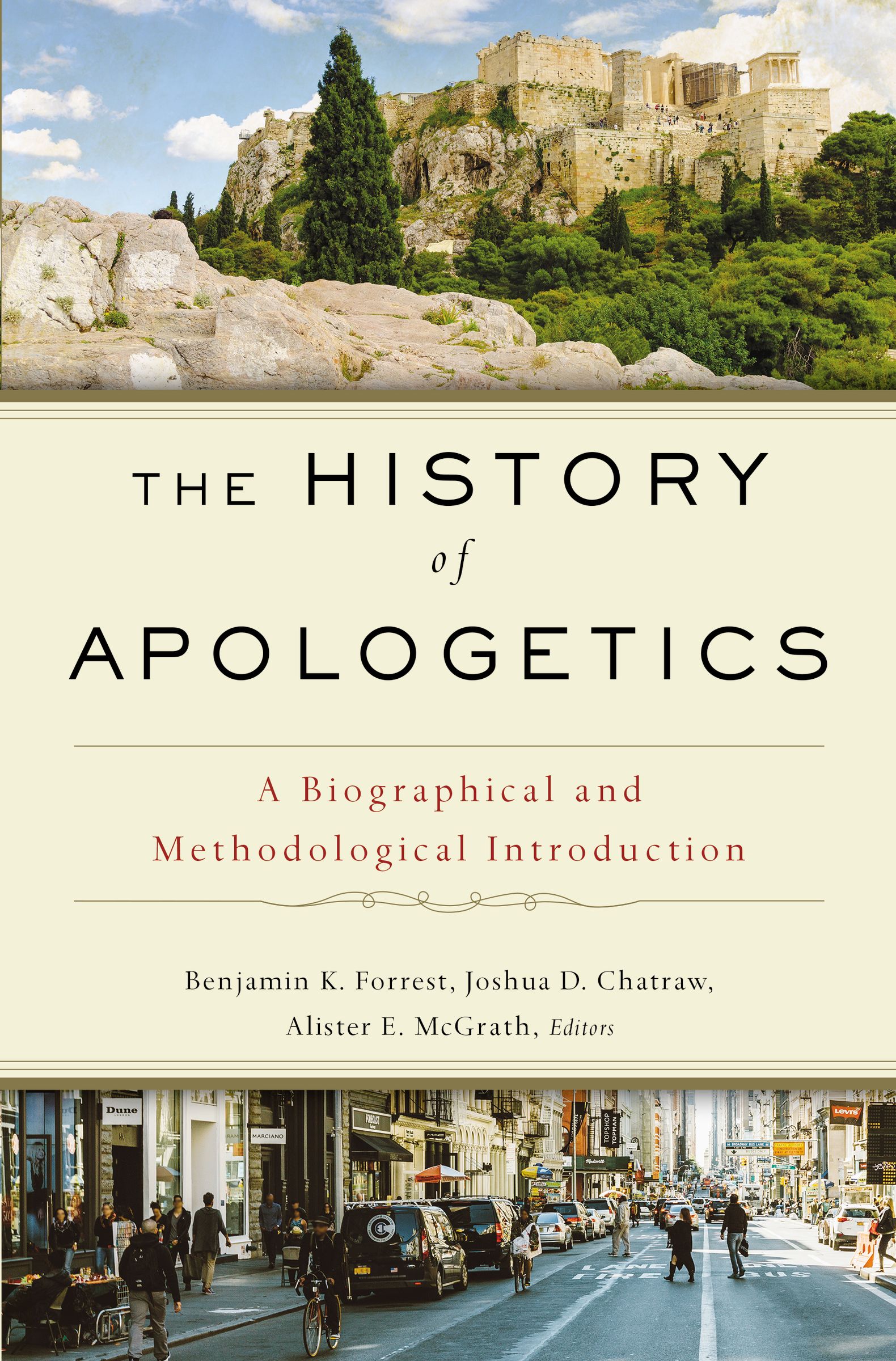
| Title | : | The History of Apologetics: A Biographical and Methodological Introduction |
| Author | : | |
| Rating | : | |
| ISBN | : | 0310559413 |
| ISBN-10 | : | 9780310559412 |
| Language | : | English |
| Format Type | : | Hardcover |
| Number of Pages | : | 848 |
| Publication | : | Published June 16, 2020 |
The History of Apologetics: A Biographical and Methodological Introduction Reviews
-

Read for class (finished about 75% of it)
-

I was ten years old when I first read Evidence that Demands a Verdict by Josh McDowell. It was my first attempt to parse an academic work. I probably didn’t understand a lot of it. But it ignited a fire in me for apologetics. (I soon graduated to Lee Strobel’s The Case for Christ, which was more my speed at that age.) Even as I’ve gotten older, apologetics remains a key part of my life and ministry, so a book like The History of Apologetics was an absolute must-have.
This massive tome covers forty-four of the most influential apologists through the ages, giving a biographical and methodological introduction of each. The book is divided into seven sections, as follows:
Patristic Apologists
Medieval Apologists
Early Modern Apologists
Nineteenth-Century Apologists
Twentieth-Century American Apologists
Twentieth-Century European Apologists
Contemporary Apologists
Each section contains 5-7 figures within that grouping, excepting contemporary apologists, wherein the authors and editors have chosen nine. Each chapter is 11-25 pages in length and follows a basic structure of one-paragraph summary, historical background, theological context, and apologetic response. Some chapters also contain headings of apologetic methodology and contributions to the field of apologetics.
These individual biographies are written by experts in the field and are reasonably succinct and objective. However, as we move forward into contemporary apologists in particular, the writing shifts to a more public relations tone as the authors become contemporaries, former students, or even current employees of the individuals being discussed. For example, the chapter on Ravi Zacharias is written by Vince and Jo Vitale, both of whom work for Ravi Zacharias International Ministries.
Overall, this is a solid work. A great resource for anyone needing an introduction to the main figures of any epoch of apologetics. A robust bibliography for each section also encourages readers and students into further study. It’s a beautifully written reference and what it does, it does well.
The struggle with any work like this is that it must, by necessity, only tell part of the story. The stories of forty-four apologists are told throughout the book’s 800-some pages. But this is not the whole story. How one views the history of apologetics may very well be influenced by where and when the authors and editors focus. As they editors admit in the introduction, they have chosen to focus predominantly on Western apologists and admit that some might see that they have failed to do due diligence in recognizing other segments of history.
While I can appreciate this caveat, I do believe that more could have been done. This lack of focus on Eastern apologetics means that there is not substantial or current work included on apologetics in the Muslim, Hindu, or Buddhist worlds—which is about half the world’s population.
Neither is there much work done to include Western minority perspectives. Ravi Zacharias is the lone ethnic minority. Dorothy Sayers is the lone woman. The rest of the individuals listed are ethnically of the dominant culture and male. You have to go back to Augustine to find an African apologist and the farthest east we ever make it is Gregory Palamas, who worked within Eastern Orthodoxy. No Asian, African-American, or Latino voices are included.
Some of this can be explained by that being the bent of history. These voices were often excluded from the public square. However, the lack of representation, particularly within the contemporary apologetics section is appalling. I get that these minority voices don’t carry the name recognition or authority that the predominantly white male voices do, but this lack of inclusion is part of why. There is more than enough history and there are more than enough individuals that a hundred pages could be added to an 800-page book to include these voices.
Despite its shortcomings in what it does not say, The History of Apologetics is a great collection of individual biographies that focus primarily on the development of Western apologetics and apologetical methodology in relation to the rise of secularism and post-modernism. Where it fails is in what it lacks in addressing apologetical content in relation to eastern religions and a lack of minority voices. -

On the plus side of good. This is a conglomeration of essays on various theologians, covering a short biography, their context and struggles, and their contributions to the field of apologetics. Some essays were better than others, of course, and other essays were published prior to scandals (Ravi Zacharias). But a good primer all the way around.
-

This gives an awesome overview of apologetics through the ages. I found myself learning so much about modern apologetics as I read about how Christians have defended the faith throughout history.
